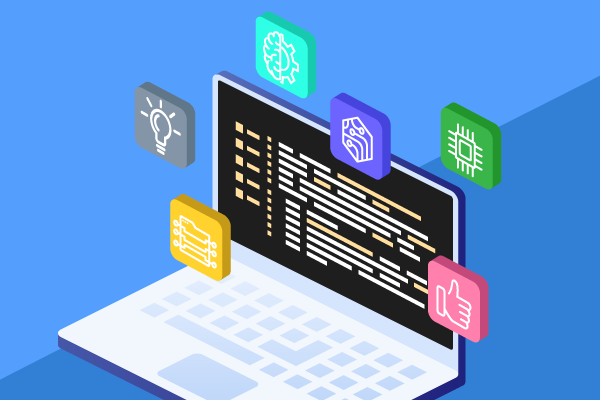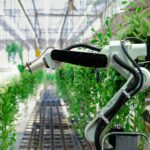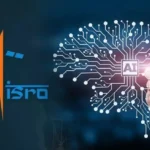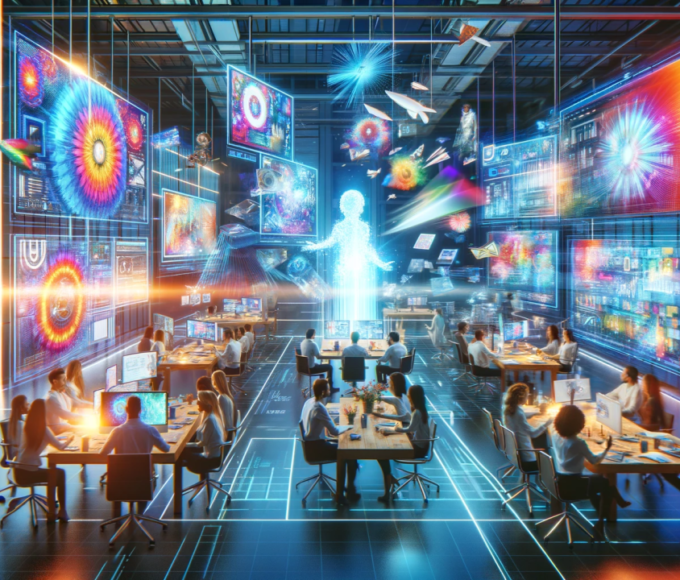In the ever-evolving landscape of technology, artificial intelligence (AI) stands as a beacon of innovation, continually pushing the boundaries of what we thought possible. One of the most promising applications of AI lies in automating software development, a realm traditionally driven by human expertise and labour-intensive processes. As AI technologies mature, they are increasingly being harnessed to streamline and optimize various aspects of software development, revolutionizing the industry in the process.
The traditional software development lifecycle involves numerous stages, including requirements gathering, design, coding, testing, and deployment. Each of these stages demands significant time and effort from skilled professionals, leading to lengthy development cycles and potential bottlenecks. However, with the integration of AI-driven automation tools, developers can expedite these processes and enhance overall efficiency.
One of the primary areas where AI is making significant inroads is in the realm of code generation. Writing clean, efficient code is a cornerstone of software development, but it can be a time-consuming and error-prone task. AI-powered code generation tools, leveraging techniques such as natural language processing (NLP) and machine learning, can analyse requirements and automatically generate code snippets or even entire modules. This not only accelerates development but also helps maintain consistency and reduce the likelihood of bugs.
Moreover, AI-driven code suggestion and completion tools are becoming increasingly sophisticated, providing developers with real-time recommendations as they write code. By leveraging vast repositories of existing code and machine learning algorithms, these tools can predict the next lines of code based on context, significantly speeding up the coding process and reducing the cognitive load on developers.
In addition to code generation, AI is also transforming software testing, another critical aspect of the development lifecycle. Traditional testing methods often struggle to keep pace with the rapid iteration and complexity of modern software systems. AI-powered testing tools, however, can autonomously generate test cases, identify potential bugs, and even optimize test coverage based on dynamic analysis of the codebase. This not only improves the effectiveness of testing but also helps minimize the time and resources required for quality assurance.
Furthermore, AI is driving advancements in software maintenance and debugging. By analysing code repositories and historical data, AI algorithms can identify patterns of errors and automatically suggest fixes or optimizations. This proactive approach to maintenance helps pre-emptively address issues before they escalate, thereby reducing downtime and enhancing the overall reliability of software systems.
However, while the prospects of AI-driven automation in software development are undeniably promising, they also raise important considerations and challenges. Ethical concerns surrounding job displacement and algorithmic bias must be carefully addressed, and developers need to remain vigilant in ensuring that AI tools augment rather than replace human creativity and expertise.
Moreover, the successful integration of AI into software development workflows requires collaboration between developers, data scientists, and domain experts. Cultivating a culture of innovation and continuous learning is essential to harnessing the full potential of AI technologies and driving meaningful outcomes in software development.
AI is poised to revolutionize software development by automating mundane tasks, enhancing productivity, and improving the quality of software systems. By embracing AI-driven automation tools and adopting a forward-thinking mindset, developers can unlock new levels of efficiency and innovation, paving the way for a brighter future in software development.
As we navigate this transformative journey, it’s imperative to remain mindful of the ethical and societal implications while striving to harness the immense potential of AI for the betterment of humanity.
















Leave a comment